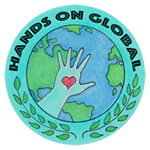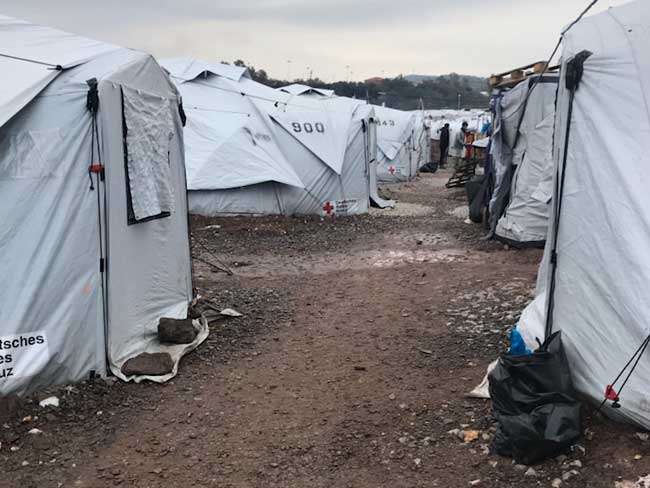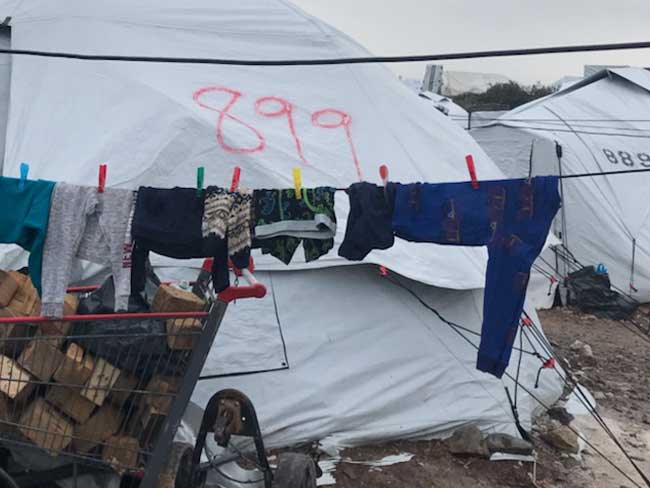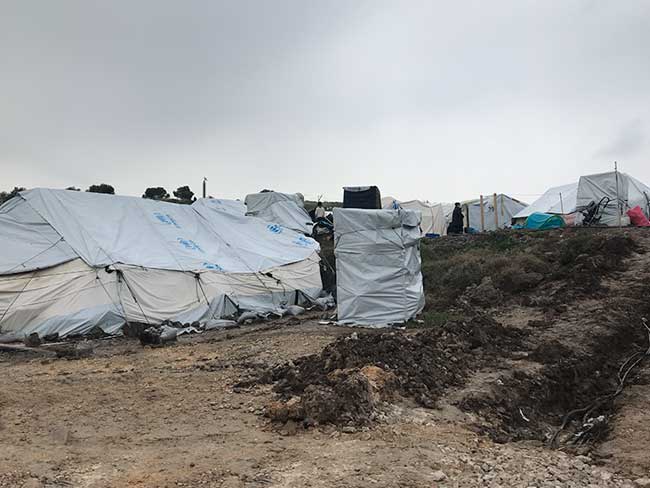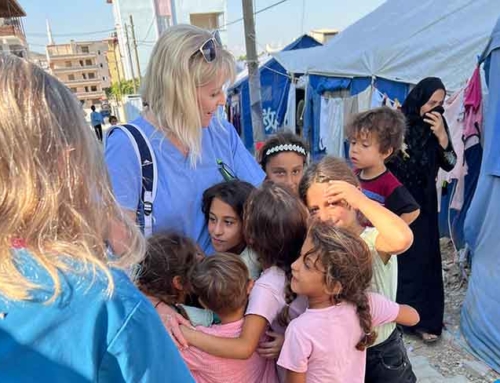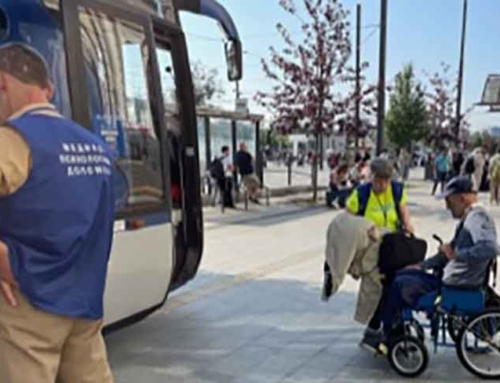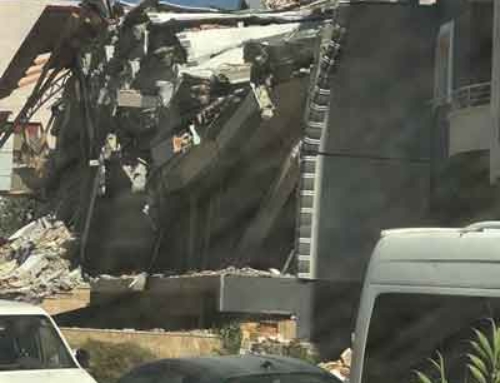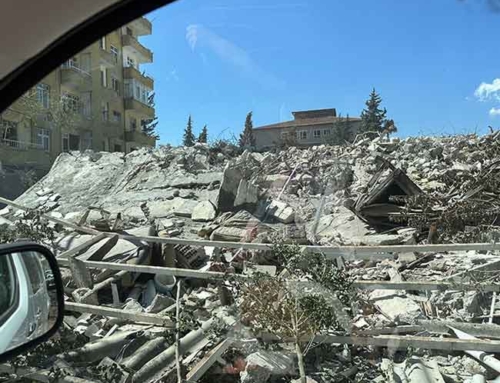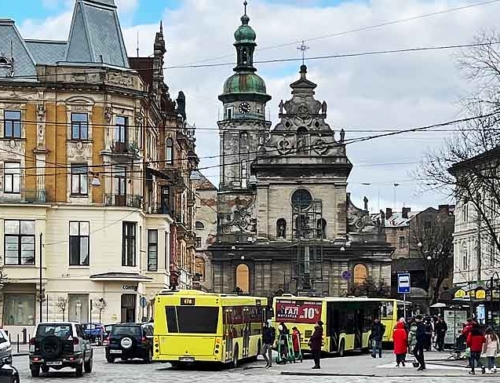Oh, today in the camp was really cold again. Dr Taha and I visited 3 refugee families all with a member who is medically fragile, and one single woman. I am going to tell you her story. She is 24 and from Somalia. 5 years ago she fled Somalia to a refugee camp in Yemen. It was there that she became ill and was tested for HIV. She was found to be positive. When people in the camp found out they ostracized her and threw her out of the common women’s tent. Yemen too was a war zone. She fled to Turkey, on foot, then onto a raft and crossed the Aegean Sea into Greece. Diagnosed about 4 years ago she has NEVER received anti-viral medication critical to preventing AIDS. In January of this year she came to the clinic pale, fatigued and clearly unwell. She required hospitalization for several blood transfusions. While in the hospital she was mistreated. She described how hospital workers served her food in a plastic water bottle that was cut in half and shoved the food into her on the floor. A person working at the hospital called her a dirty refugee. I am livid, appalled at any health care worker treating a patient like this. This poor woman is most definitely now suffering with AIDS because she had no treatment. It is terrible as we have treatment for HIV positive patients. She is on the transfer list of the medically vulnerable I am visiting in their tents. According to European courts she should be moved to a place where she will receive treatment immediately, but again there has to be a place for her to go. The EU is not accepting many refugees, apartments in Athens are full and many Greeks don’t want to rent to refugees.
A good news story about a young man, 32, who lost his leg and one eye in a bomb blast maybe 5 years ago, using a wheelchair. He has been waiting this long for a leg. Finally, he is seeing a physical therapist from Germany who has measured him and a doctor in Germany will donate the prosthetic leg. It will take 1-2 months, but it will happen. Meanwhile the PT is working on the stump muscles so he can lift the prosthetic and have an easier time walking when all is in place. Small miracles – big impact.
Visiting inside the tents I have a view of their living conditions. The wind blows through these tents, it is cold. The tents have 2 rooms and a foyer. Most use the foyer for their food stock and pots, store their shoes right outside. The 2 rooms are very small, enough for 2 twin size spaces on the floor and a small walkway in between. The back room seems to be the same size. All their possessions and the entire family live within these tent walls. All I visited are amazingly clean and neat. One, with 3 children, had lovely child drawings taped to the tent’s room divider, an amazing bit of normalcy. One afghan mother who has a young son with really bad asthma, which is exacerbated by the cold, the wind and stress, insisted we have a cracker from her meager stash. It is important to graciously accept this food as it is an equalizer. We visit their “home” and they offer us food or drink.
